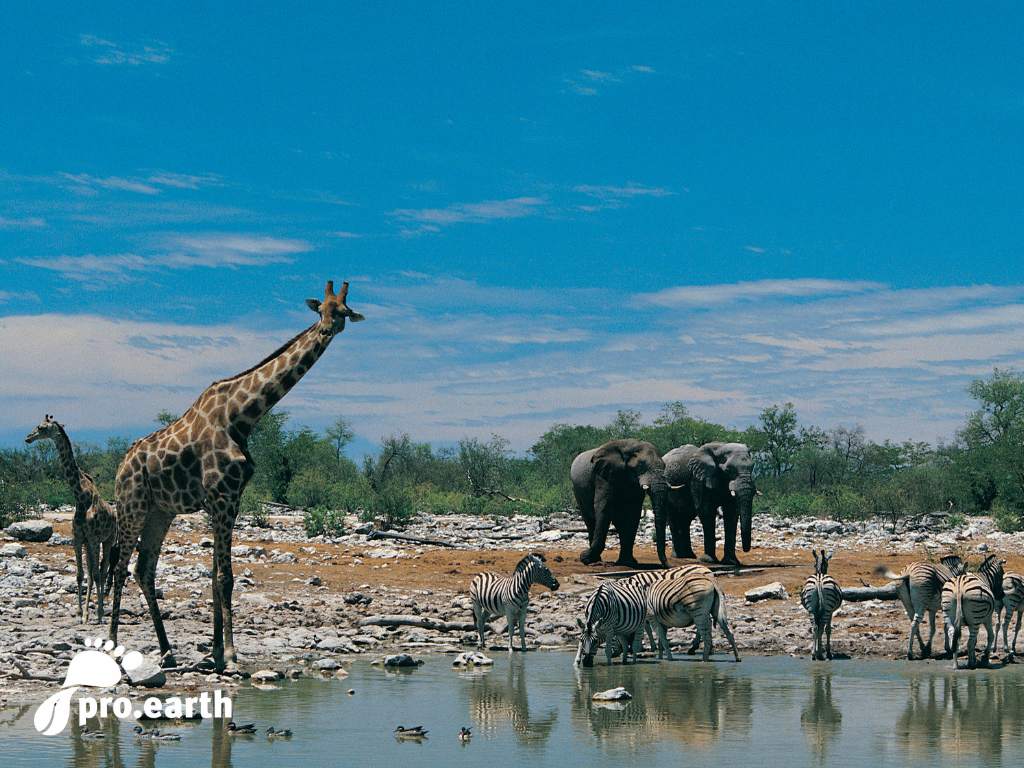It's done: the new species protection agreement

Today at 3.35 a.m. local time in Montreal, the time had come. The new global nature agreement was unanimously adopted by the almost 200 delegates. In it, they agreed to protect 30 percent of the world's land and sea mass by 2030 with the involvement of local communities and indigenous peoples. In addition, pesticides are to be halved by then, 30 percent of degraded land restored and environmentally harmful subsidies reduced by 500 billion dollars annually. Richer countries are to support poorer ones with USD 20 billion annually.
"The Montreal resolution provides a protective umbrella for our livelihoods. The international community has decided to finally stop the extinction of species. After long and arduous negotiations, we have succeeded in reaching a final agreement that radiates determination," said German Federal Environment Minister Steffi Lemke.
Many non-governmental organizations are ambivalent about the result. Greenpeace writes on twitter:
"Deal of the #COP15 too weak! At least 30% of marine and terrestrial areas must be STRICTLY protected. How can this be guaranteed if harmful activities in protected areas are not prohibited in principle? Our hopes are now pinned on the countries."
"Open question of the #COP15that remains: How will the funding gap be filled? 20 billion a year by 2025 and 30 billion a year by 2030 may sound good, but it's not enough."
Florian Titze from WWF says in his summary:
"The negotiating states have managed to agree on a patchy but ultimately surprisingly good framework. It can give us the opportunity to save our livelihoods - if the signatory states want to."
The WWF also writes on twitter:
"And the but? Unfortunately, there is still a shortfall of 700 billion US dollars annually to adequately protect biodiversity and implement the measures. The target agreed at the #COP15 is a good start, but improvements must be made!"
"Are the targets ambitious enough and will they actually be implemented on time? We will assess that today."
"The world is hurtling towards an abyss in the natural and climate crisis. But instead of slowing down decisively, it is merely easing off the accelerator."
Our pro.earth.conclusion: We are delighted that an agreement on species protection and biodiversity conservation has been reached. This conference has once again focused attention on this crucial issue and has certainly raised global awareness of its urgency.
The biodiversity and climate crises are closely linked and must be tackled together. As the treaty is not legally binding, it is up to the individual states to transform their ecosystems, protected areas and all other systems - especially those that are intensively used - in the interests of species conservation.
And that's where it gets exciting. To what extent will the individual countries comply with the agreement through regulations and controls? Developing and implementing a so-called national biodiversity strategy would be an important next step in halting the rapid extinction of species. Worldwide, however. Have the global decision-makers understood the urgency? We will see.
Review of articles at the start of the #COP15 #WorldNatureConference in Montreal:
https://news.pro.earth/2022/12/12/weltnaturgipfel-gegen-den-dramatischen-rueckgang-der-arten/






